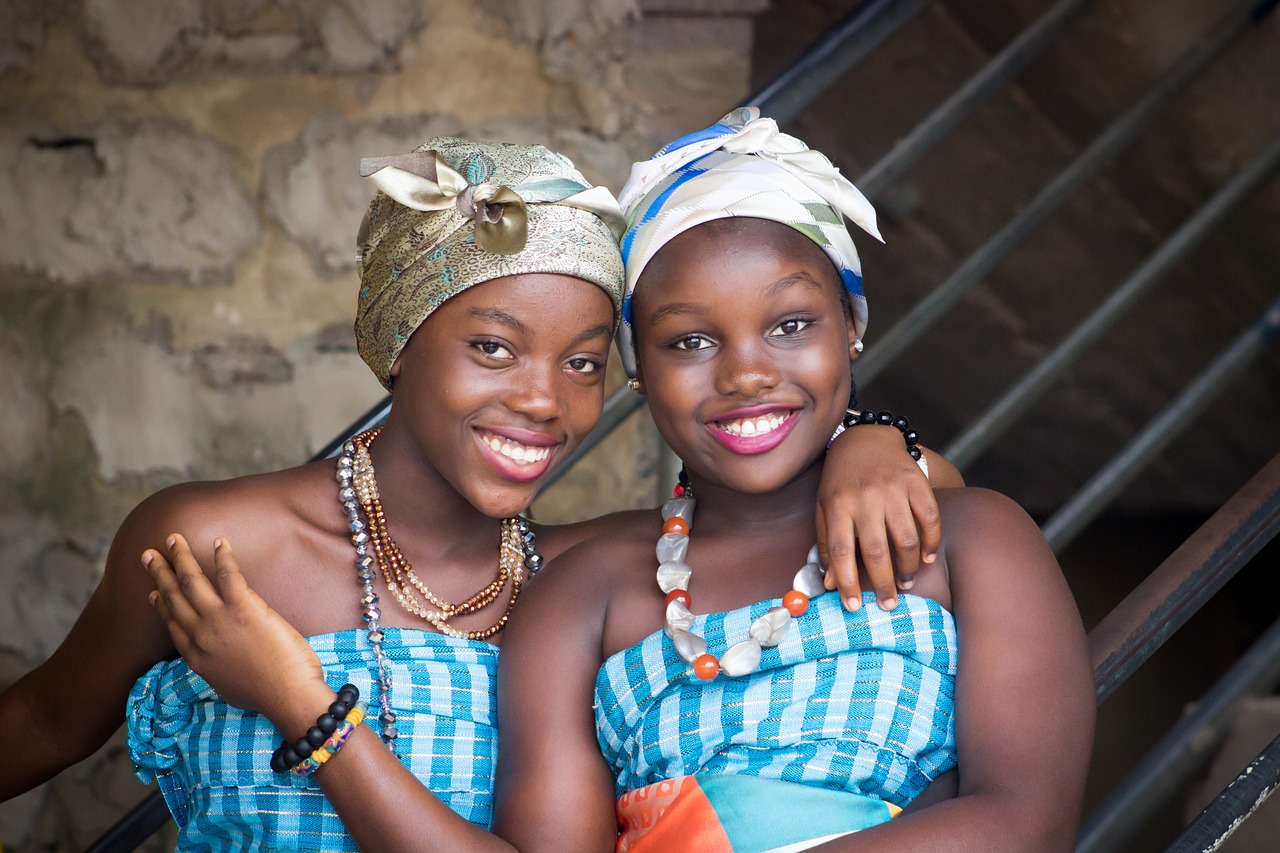Don’t ‘beware’, just ‘be aware’ of menstruation. It’s safe to say that on any given day, 800 million women across the world are going through menstruation. All countries thus, have a responsibility to create an environment where menstruating women feel safe and taken care of. A monthly period is a difficult time, even an ordeal, for millions of women the world over. They must create awareness about menstrual health and hygiene. To manage their periods in a hygienic way they need access to clean toilets and sufficient water. And most of all, they need privacy and a safe place to attend to themselves at this time. Unfortunately, what they do have to deal with is a marked paucity of all the above. The good thing is that there are many initiatives that countries are taking for menstrual awareness.
Girls in Control – of their Menstruation
SNV is an organisation from the Netherlands that partners with local communities from Africa, Asia and Latin America. Their objective is sustained reduction of poverty. Since 1965, they have been looking at ways of empowering people to overcome challenges and take charge of their own development.
Through Girls in Control, they are attempting to find solutions to the all-pervasive issue of how to manage menstruation in a hygienic manner. Their project is currently active in Ethiopia, South Sudan, Tanzania, Uganda and Zimbabwe.
Given the number of problems that surround this one issue of menstruation, SNV have come up with a single but also very comprehensive package that focuses on providing hygiene facilities, clean water and access to sanitary materials of good quality. What is remarkable about this initiative is that the focus is on schools as SNV believes that this will positively impact the academic performance of the girls.
What is WASH – and how is it Related to Menstruation?
WASH or Water Sanitation and Hygiene is a part of the initiative to ensure better facilities for schoolgirls during menstruation. This program is also active across the world in over 27 countries in Asia, Africa and Latin America. The emphasis again, is on menstrual hygiene in schools. It has become very clear that lack of WASH facilities in schools is a major barrier to female literacy. The girls lack sufficient knowledge about menstruation and they are unaware about how to manage their periods.
The focus here is the basic themes of
- Knowledge and awareness about menstruation
- Supply of materials used for menstrual protection
- Providing WASH infrastructure in schools.
The countries first conducted their own individual studies with the help of international experts, in order to undertake data collection and analysis. They then prepared a document to share the information that they had collected. This shared overview would, in turn help come up with some solutions to improve the experiences of the girls during menstruation.
Menstrual Awareness – What Kenya Can do
FAWE (Foundation for African Women Educationalists) is a pan-African NGO that studied the practical difficulties caused by menstruation. They discovered that there was a ‘culture of silence’ surrounding menstruation, especially in rural areas. For example, in Kenya, girls were struggling to get information on puberty and menstruation. They lacked the support of school staff and also family members with whom they could discuss these issues. Moreover, these girls were also subject to rape and sexual abuse if they ventured out of the house. The families thus restricted their movements.
To counter this, there were initiatives to provide better access to sanitary products. There were also programs that would make up for the reluctance to discuss sexual maturity in the family. The Kismu Medical and Education Trust developed a re-usable sanitary napkin to meet the needs of adolescent girls in their district. They train girls to make these napkins, which they then sell locally.
Menstrual Awareness – the Ultimate Goal
To achieve this goal, we need
- Compulsory sex education
- Better training for teachers (both male and female) to tackle such topics as it will make up for the lack of awareness on the home front.
- Girls should learn about Menstrual Health Management before they reach the stage of Menarche
- Improved communication between parent-child about reproductive health issues.
At the global level, there are international organisations like the World Toilet Organisation, that works to improve awareness among administrators when it concerns programs related to sanitation.
Of course, it is not possible to have a quick-fix solution that will work across the globe. But what will work is a comprehensive package that includes education, protection, sanitary water and emphasis on health. Ultimately, this is what will allow girls and women to manage their periods in safety and with dignity.
Subscribe to NUA and get your supply of sanitary napkins delivered to your doorstep for a stress-free period.

1 Comment